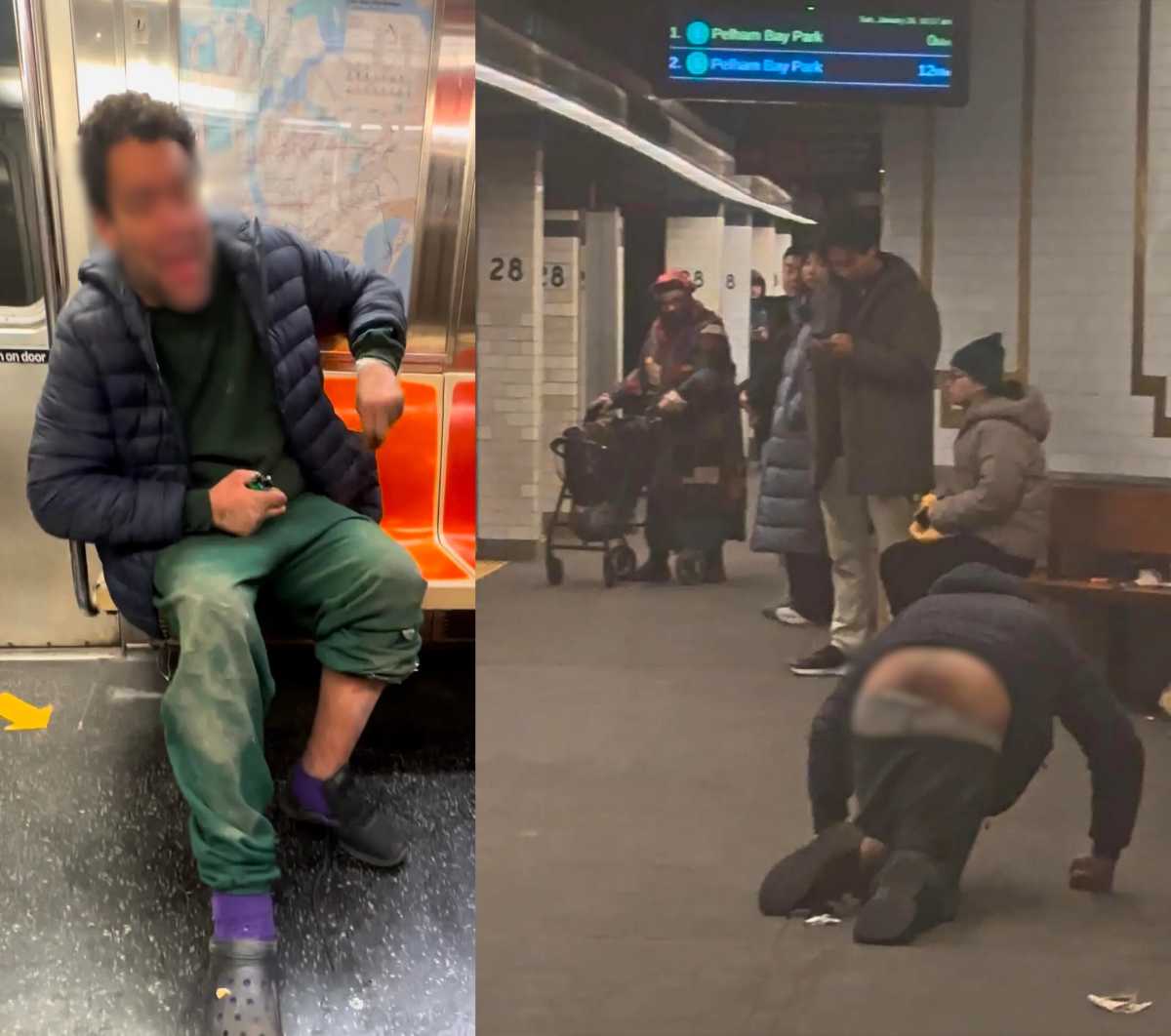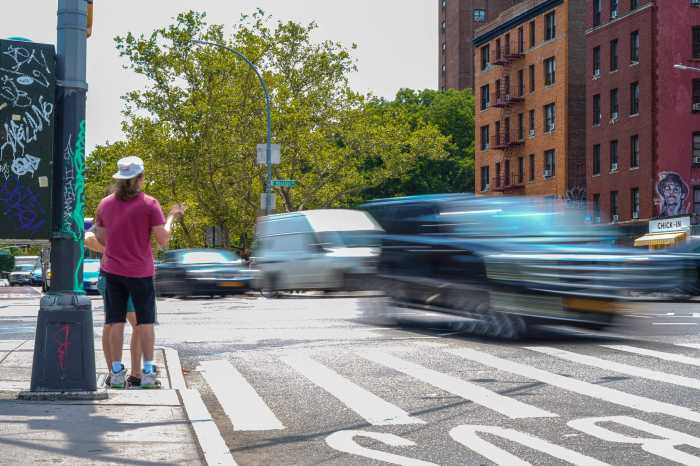Like most New Yorkers, I often witness the all-too-familiar scene in the subways and our streets across the city.
A person is in need and requires help. They are not bleeding, but they are in obvious mental distress. It’s so obvious that they are clearly incapable of meeting their own basic needs. They can’t communicate effectively or even navigate the city well enough to be able to feed themselves, or seek shelter to avoid frostbite, or access medical care for an open wound. Their mental state is putting them in danger.
The signs are clear: this is a person who needs help because their mind is not working well enough.
Fortunately, New York has an array of services for people going through this. Never enough, but we have them. But, some people have decompensated so much that they can’t access help.
From a psychiatric perspective, a person can get so sick that they don’t know they are sick. When that happens, we cannot expect such a person to seek help, and they don’t. Instead, they suffer in the cold, in the heat, in the subways, and on the street. People try to avoid them, even good people who would jump in to help if they saw someone in physical distress.
People in severe mental distress can cause us to recoil when they really need us to reach out and help. Even first responders struggle to bring them to the hospitals for help because they believe that state law requires that the person be actively threatening to hurt themselves or others. If they are not, they are left out there helpless and lost.
We, as a society, are failing them.
As a longtime psychiatrist with One Brooklyn Health, I welcome Gov. Kathy Hochul’s proposed mental reforms, which would, among other things, clarify the law for our first responders, who are often the first point of contact for someone experiencing a mental health crisis. With these reforms, Hochul is sending a clear message that New York will not allow those rendered helpless by untreated mental illness to remain lost and in danger.
People who can’t meet their basic needs can be brought to the hospital, so we have a real chance to help them. Our behavioral health crisis services can evaluate people who find themselves in this desperate situation. They can help them find safety, and even more, they can help them regain their autonomy, free of symptoms that rob them of their own judgment.
To ensure people can continue to receive care after they leave the hospital, the proposal will support the hospitals’ ability to admit or discharge patients safely. The hospital will be required to consider the patient’s whole history, not just their most recent behavior in the admission decision. The hospital will also be required to connect with the patient’s outpatient providers before they’re discharged back into the community, so that they can avoid cycling in and out of the hospital.
The governor’s proposals make the standard of care in New York better. That’s good leadership.
I understand that “involuntary commitment” is concerning. Civil liberties advocates quickly point out that it could easily be misapplied, as it has been in the past. Fortunately, we live in a time where there are laws and regulations in place to avoid overreach and rectify the mistakes of the past.
Opponents of Governor Hochul’s reforms are also quick to dismiss the need for involuntary commitment by demanding more funding for voluntary programs. It’s true that most people, even with severe mental illness, do not qualify and do not need involuntary treatment, which is why the Governor’s proposal includes an expansion of funding for voluntary programs, including a voluntary track for assisted outpatient treatment. These reforms to the commitment standard come in addition to the more than $1 billion investment that Governor Hochul has already made in outpatient behavioral health services, outreach teams, peer support and supportive housing.
Even as a charged concept, involuntary treatment is necessary for the very small number of people whose mental condition has gotten so bad that they are incapable of realizing that they are sick and need help. I strongly believe that this proposal will only improve resources for all patients and provide the necessary care for the very few who need involuntary intervention in the beginning of their recovery.
The governor knows that the humane provision of mental health care cannot leave those folks behind because the topic is difficult.
As a psychiatrist in a safety net system, I have plenty of challenges, but I am fortunate to be in a position where I can help others. With the changes being considered by lawmakers in Albany, I know I’ll be able to help even more people get the care they need.
Dr. Jason Hershberger is the chair of psychiatry with the One Brooklyn Health system.
Read More: https://www.amny.com/oped/






































